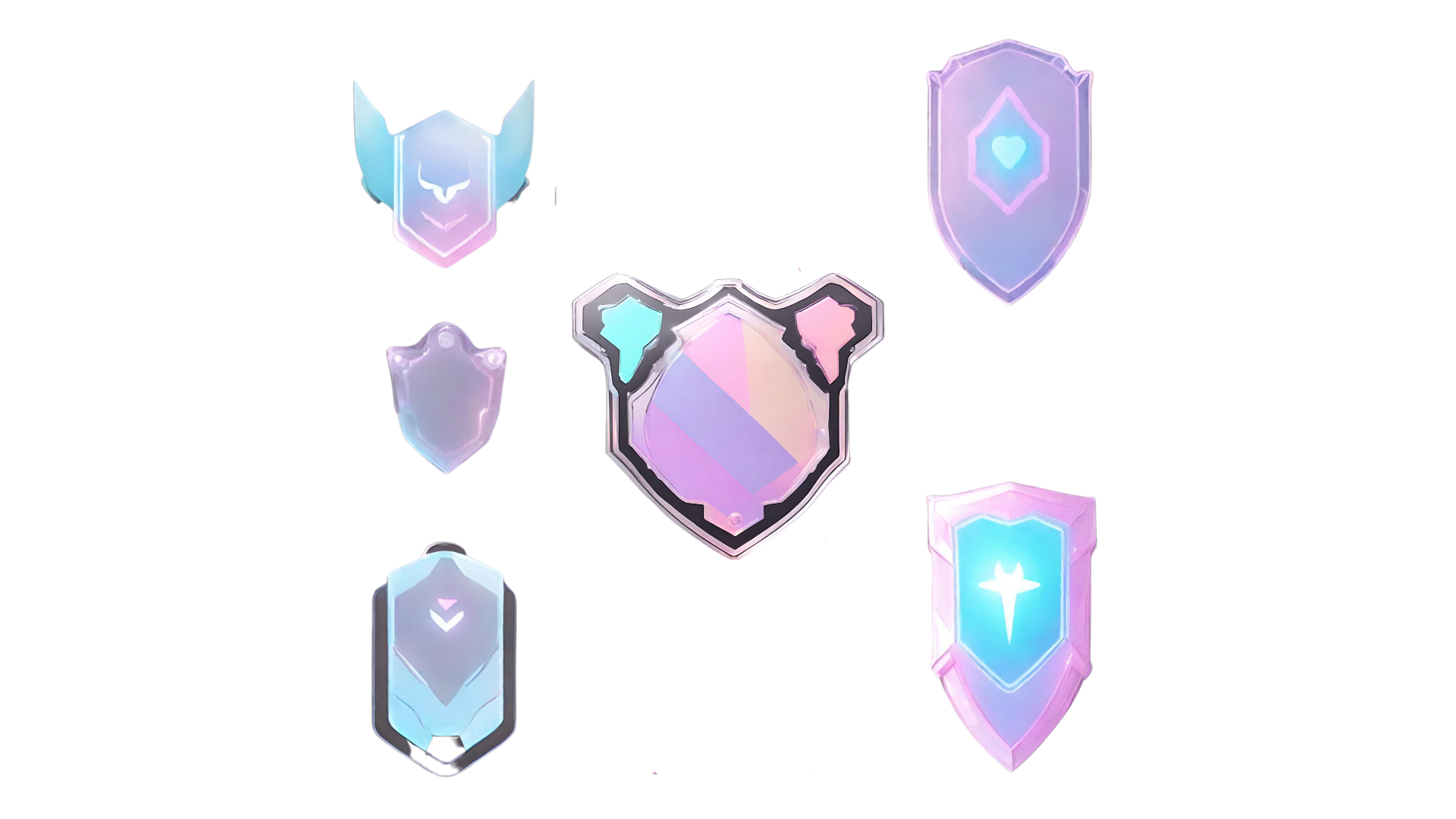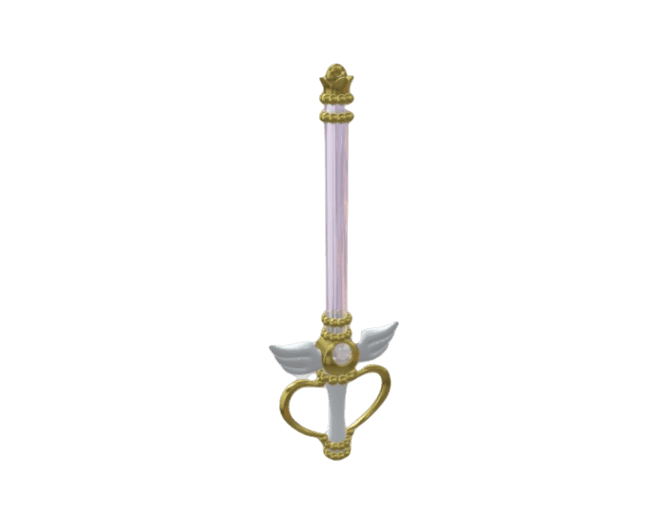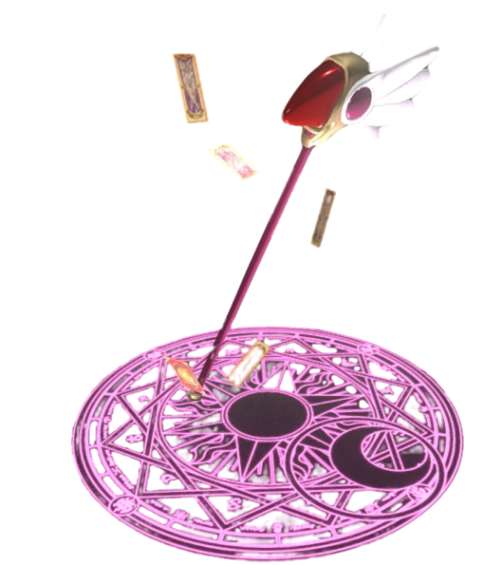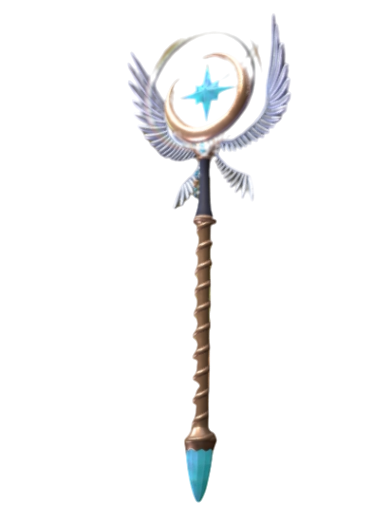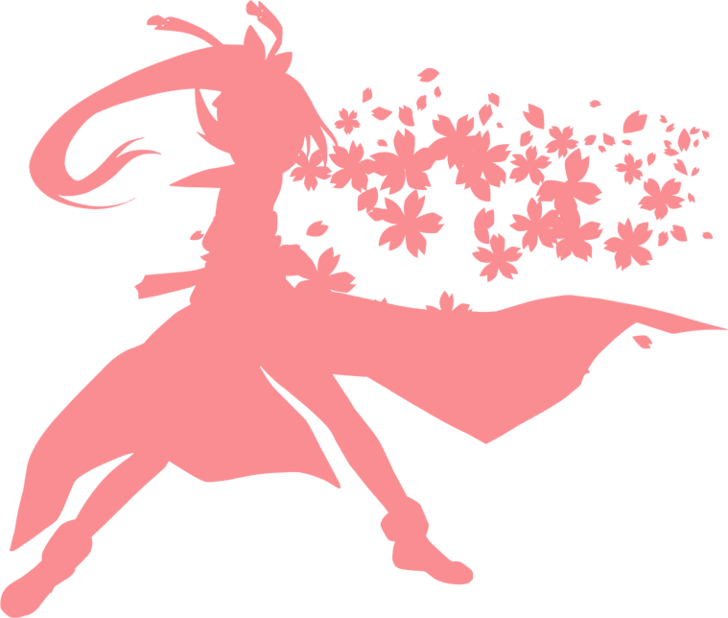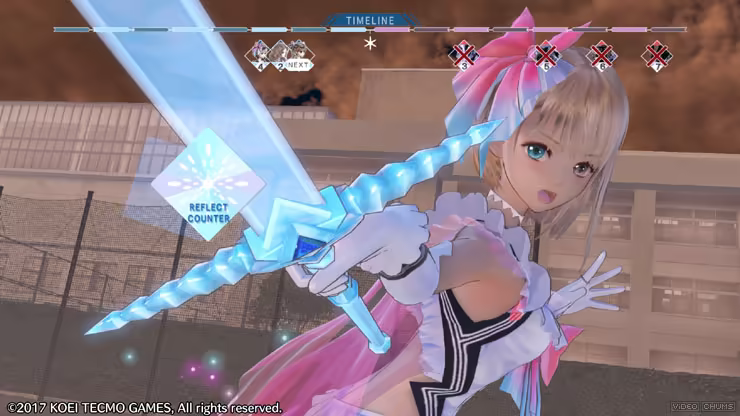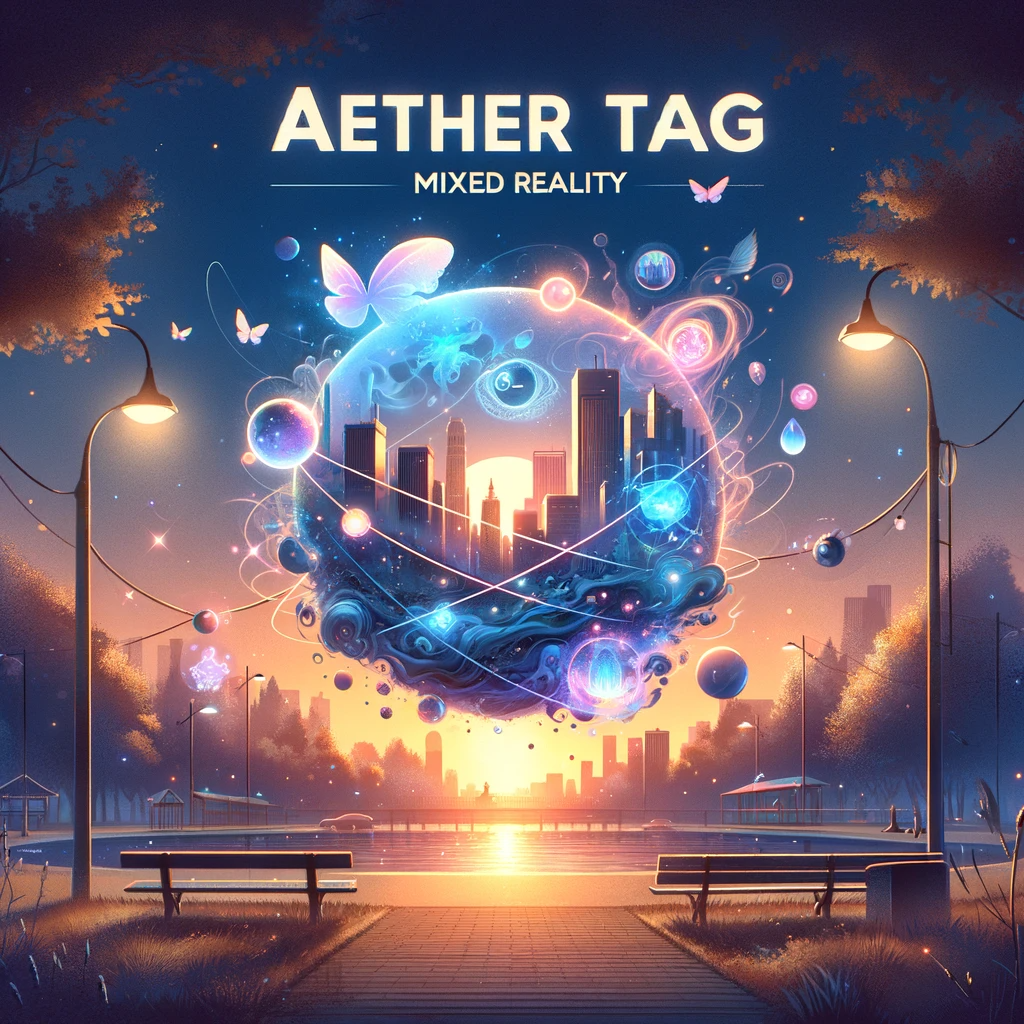
Aether Tag:
Rethinking shooting games for immersive experiences
Vicente Didier
My role in Aether Tag was twofold: during the first stage I came up with the concept of developing a shooting game that would bring the attractiveness of a shooting game -the dynamism, the competition- but aimed towards those who don’t subscribe to violence. As such, I was in charge of both the content and the design of the presentations.
During the second stage I was in charge of 3D modelling of the wands, shields as well as general design features.
Aether Tag is a non-violent shooting game with a combination of fantasy and sci-fi aesthetics, aimed towards a general public but specially geared towards female audiences.
Concept Development
First character prototypes using Canva generative AI
Although I originally thought about making a magical girl inspired Lens Studio filter, once the Meta Quest 3 was made available and purchased by members of our group the idea of making a mixed reality game became much more attractive.
In that sense, we aimed to create a game that would utilize the features of mixed reality as well as follow the original magical-girl aesthetic and other core features.
This aesthetic was thought to be too girly for it to be enjoyable for a broader audience, so we decided to keep elements but to give it a more overall fantasy game appearance with a sci-fi twist. However, I insisted that core concepts of magical-girl animation. guided the actual dynamics and development of the game.
Sakura Kinomoto from Card Captor Sakura (1996) had to understand the nature of the different cards in order to tame and collect them, rather than fight or destroy them
More recently the anime Healer Girl (2022) proposes a world in which singing has magical healing properties that are introduced as a part of medical care.
In the series finale, Sailor Moon (1991) refuses to fight using a sword and instead uses healing though a lotus-shaped crystal that lives within her.
Magical girls and non-violence
Magical girl (mahou shoujo) is a sub-genre within the japanese animation (anime) genre known as shoujo (literally young girl. Shoujo anime is focused on highschool love and coming age stories, while shounen (young man) are usually combat hero-based stories of a fight against evil.
Mahou shoujo includes elements of both genres: magical girls engage in a battle agains evil, but unlike shounen, most time evil is not to be destroyed but healed. Shounen uses war-like elements such as swords, chains, and close combat while magical girl uses a completely different set of iconography: magical lockets, staffs, and spells that allow for confrontation but in a way that is not guided by violence.
This premise of magical girl anime led me to propose a non-violent shooting game that would allow for competition and dynamism without engaging with hyper-masculine war aesthetics. Said premise aligns with a concern for the emotional impact of violence in immersive experiences.
Development moodboard
3D assets prototyping and production
Water staff prototypes
Water staff references
Fire staff references
Water staff render
UI buttons for the different elements
Using pre-made assets for the project was not an option as they had to be shaded using specific qualities needed for the Passthrough environment, hence the models had to be made from scratch.
I used generative AI, Stable Diffusion mostly, to generate references and combine different elements in the creation the fire and wand staff, as well as one of the shields.
I suggested that butterflies should spawn once enemies were defeated and provided the decals for said VFX.
I also developed the buttons the show the switching between arms in an attempt to maintain an aesthetic coherency throughout the game.
Shield prototype








